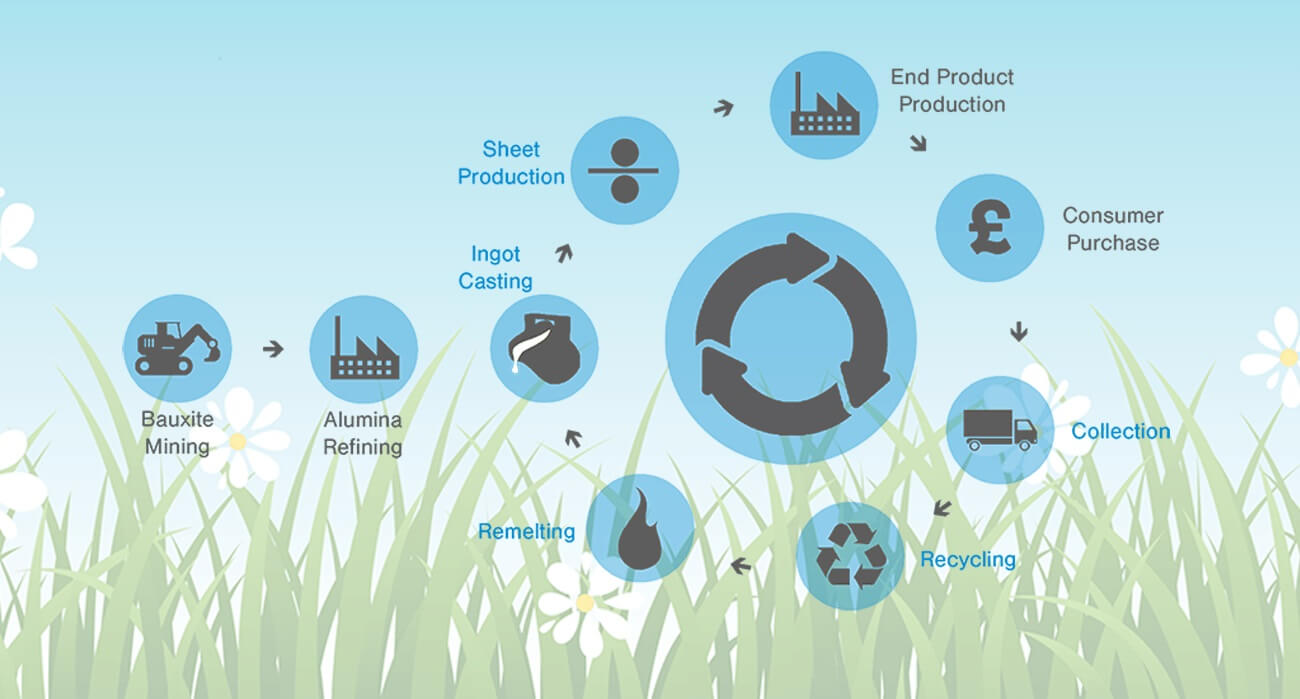Aluminium Gutters - Frequently Asked Questions
Aluminium is a great material for manufacturing gutters. The flexibility of the material means that it can meet the demands of a whole host of projects suiting installations on both new builds and more traditional properties.

What are the benefits of aluminium gutters?
Aluminium as a material poses many benefits to both homeowners and contractors.
- The durability of aluminium means that gutters will be weatherproof and won't corrode or get affected by UV rays which will ensure optimal performance over a long period.
- Other benefits include the fact they are lightweight meaning they will be easy to install
- Made from high-quality aluminium alloy which is a 100% recyclable material
- A huge array of styles with the material being able to be painted in pretty much any colour that they wish.
How much with Aluminium gutters cost?
Aluminium gutters are a highly cost-effective choice for a rainwater system. it is cheaper than other types of metal guttering such as cast iron and copper, yet it still features a long life expectancy. The minimum life expectancy is 30 years but can last in excess of 60 years.
Outside of the normal maintenance that you would expect to carry out on your rainwater systems ongoing maintenance is minimal. The material has a resistance to rust and will therefore continue to look good for years.
Will Aluminium Gutters Be Safe In a Fire?
Aluminium does not burn and is therefore classed as a non-combustible construction material. Although aluminium will melt at temperatures in excess of 650°C, aluminium will not release harmful gasses.
How Heavy is Aluminium
Its high strength to weight ratio allows architects to meet required performance specifications, whilst minimising the dead load on buildings supporting structures. Aluminium is lightweight which makes it easier to transport and handle on-site which will also reduce the risk of work-related injuries.
Is Aluminium Sustainable?
A durable long-lasting material that once it reaches the end of its very long useful life it can be recycled.
Aluminium can be 100% recycled, losing less than 3% of its material properties during the recycling process. Recycling uses 95% less energy than the extraction process and 75% of all aluminium ever produced is still in use today. In fact it's thought that 92-98% of aluminium from building demolition is recycled.



